This is Part 2 of my conversation with Anas Canon, founder of the Hip-Hop Ambassadors program, a group that does cultural diplomacy through hip-hop around the world. When the last post left off, we were discussing the need that Anas felt to take responsibility for putting out music into the world that is both socially conscious and entertaining, to counter many of the images of Americans — and particularly African Americans — that the US media exports. Click Here to read Part 1 of this interview
That has been one of the things that’s always in my mind when I think about what sacrifices have to be made in order to do these tours. There are a lot of sacrifices. Money is one of them, but also coming to grips with what it means to me to work with the State Department, which is a branch of the US military industrial complex. There are a lot of people who critique that, and J’m open to that critique. But I’ve made my peace with it because I’ve seen the effect that this work has on the ground. And there’s no script, it’s not choreographed.
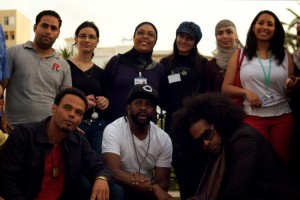
I was on a panel in Jakarta, with fifteen or twenty people from the press, and this woman from the BBC goes, “Is America at war with Islam?” And there’s no script. I could have said whatever I wanted at that moment. Luckily I have the kind of social sophistication and political savvy to address those questions in a way that can be really honest and candid, but also think about the effects it’s going to have on every other American, or on anybody who’s going to read about it. What you say matters. You could make or break relationships in terms of how people perceive Americans or African Americans — by looking like you’re just a sellout and you’re saying whatever the State Department wants to hear, or on the other side looking like you’re this extremist marginalizing yourself from the people who invited you there in the first place. So that’s my mind, man. I’m thinking about what every single person that I bring wears that’s on the tour, every word that comes out of their mouth, every greeting that they do. You gotta pick a guy who’s a great musician obviously, but at the same time you gotta think, “How is this dude gonna be off stage?”
It sounds like you’re taking very seriously your role as a representative of the United States and African Americans.
That’s the only reason I do the job. Do I represent all Americans? Absolutely not. Are there some Americans who would like to drop bombs on every other country? Sure there are. But that’s not most Americans. Most people are open to the idea of meeting people that are different. There’s a verse in the Koran that says “Allah made you different tribes and nations so that you could come to know one another.” This is the Koranic understanding of why we’re different in the first place.
How does the music fit into this vision of the connections you want to make?
To me the music is naked expression. You don’t actually have to like it, but you can understand that this is somebody’s expression of who they are. And the neat thing about hip-hop is that anyone can express themselves through hip-hop as long as they have rhythm and a decent grasp of their native tongue. It’s kind of lowest common denominator music. And combined with the fact that America has exported it to the far ends of the earth and it has permeated youth culture everywhere, it becomes this currency that we can use to exchange. Anybody can start banging on a table to get a beat, and one of my guys can jump up and spit sixteen bars, and someone else can jump up and spit sixteen bars in their language, and they don’t have to even understand what each other are saying.
The hip-hop part is interesting because hip-hop is not my music, I make hip-hop, but I don’t really listen to it. And when we go out and play do we play hip-hop music all the time? No. I always have rappers, but I also have vocalists, and I usually take a full band: drummer, a guitar player. We’re doing covers of songs and original songs, running through the lexicon of American music, showing how with a basic hip-hop drum-beat you can superimpose all these other components. That’s not me as a DJ with a couple of rappers, but that really is hip-hop to me.
It seems that you specifically go to majority-Muslim countries. How do faith and spirituality and religion fit into this for you?
Most of the guys on remarkable current are Muslim, and the connection was initially built through Native Deen, who are Muslim. So we are not exactly stuck in a niche, but the State Department knows we are comfortable being in those spaces, and aware of the cultural sensitivity that needs to be adhered to in a Muslim country. It also acts as a sort of currency for the State Department to say, “Not only are these guys hip-hop artists but they share your faith.”
Do you think that opens doors for you in those countries?
There’s no question about that. They’re still open to other kinds of Western music, but when they find out we have Muslim artists there’s a curiosity. And when they see the guys praying they’re like, “Oh wow, there’s Muslims in America, real ones like us.” That part is kind of a trip. I don’t think it’s an exploitative relationship form the State Department’s position; it’s more of an opportunity break down multiple walls. For me personally, I think religion and spirituality are private. Most people would consider me a devout practicing Muslim for most of my adult life, but most recently I’ve been beginning to separate myself from formal religion. I just don’t want a label. I’ve been on a journey for many, many, years and I don’t every plan to stop thinking.
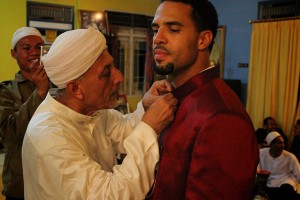
So what’s your outcome? What are you hoping comes out of these meetings with other people when you travel?
There’s the micro and the macro. There’s the heart and mind of each individual you come in contact with. And then there’s also the impact on people who hear about the event or see the event via social media. My first concern is the micro.
I’m mixed race — my mother’s White and my father’s Black. My mom’s family was upper-middle class, fairly conservative. My grandfather was from Idaho and my grandmother was from Missouri. They were for real white people, as white as white people can get. When you’re mixed you’re forced into an identity crisis at a very early age. Depending on how you navigate that situation, typically mixed people I know will realize there is no one thing, and that people who live in these polarized cultural identities — that’s self-created. So mixed people walk around the planet in this kind of no-mans land, and when you’re in that space you feel compelled to show people how much the same they are.
That’s my contribution, I want to find ways to bring people together. That’s something that’s ingrained in me — it’s not like a book I read in college made me say, “People need to come together.” It’s who I am. I don’t separate myself from another molecule, let alone another creature from my same species. So this work is the most effective thing that I feel I can do. I can show up in a space and sit in front of somebody who’s a representative of their community with their constituents surrounding them — whether its a group of students or politicians — and I can show them how open my heart is to them. And if that’s their first and only interaction with an American, that’s how they will feel about America, on a visceral level. They might think all kind of things about America, but now they can’t say, “All Americans are this,” or “All Americans are that.” They can’t use George Bush or Barack Obama or American foreign policy to say, “This is how American people are.”
You have no idea how you might change someone just by meeting them one-on-one. And you know how I know that bro? Because it happened to me. Every time I go to these places I see things and think, “I never thought to look at the world like that.” I’m just observing somebody, their etiquette, their mannerisms, their vibrations, and then I see an entire culture that vibrates like that. And I incorporate that into how I vibrate, how I move in the world.
For my own self-interest I want to have as many of those experiences as I can, that kind of exchange, to be an ambassador for my nation, to be an ambassador for my ethnicity and my culture, and then also figure out how that can be amplified through our respective communities.
Thank you to Anas Canon for speaking with CulturalOrganizing.org, and to Tracy Curry, for making this interview happen.
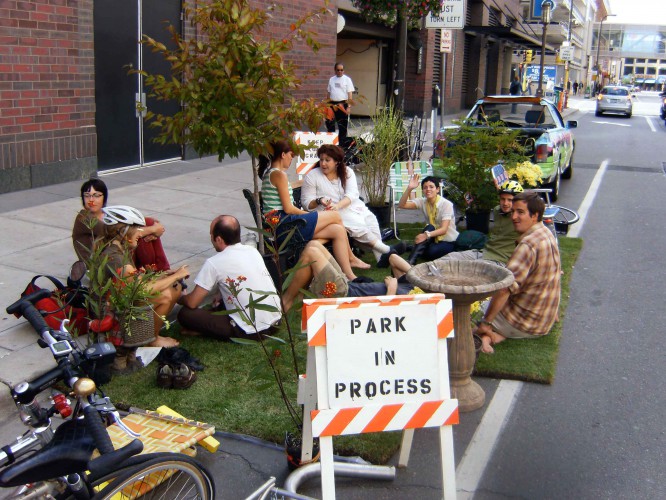
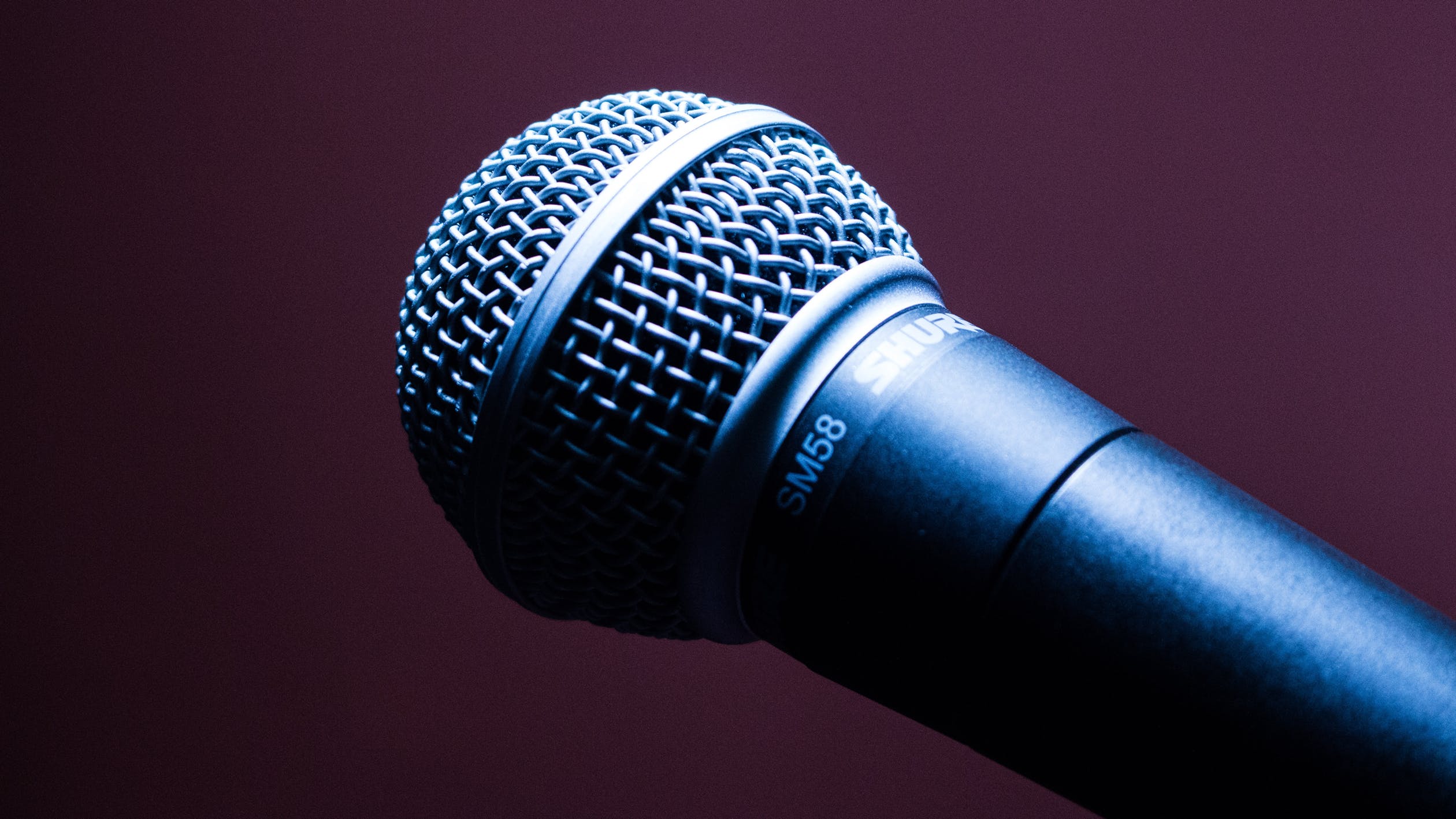
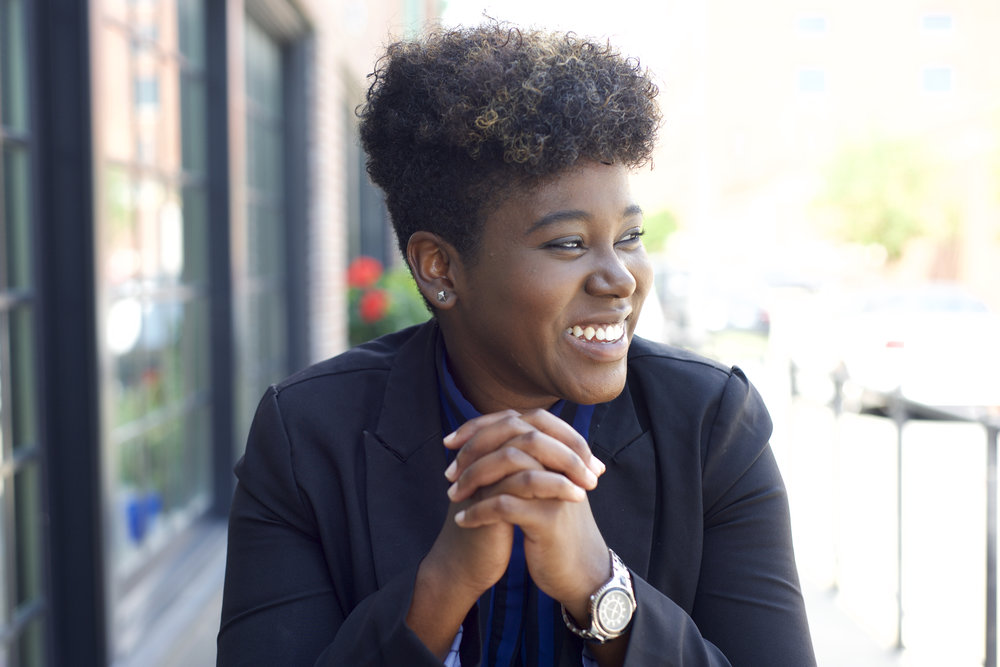
1 thought on “Interview with a Hip-Hop Ambassador (Part 2)”
Comments are closed.